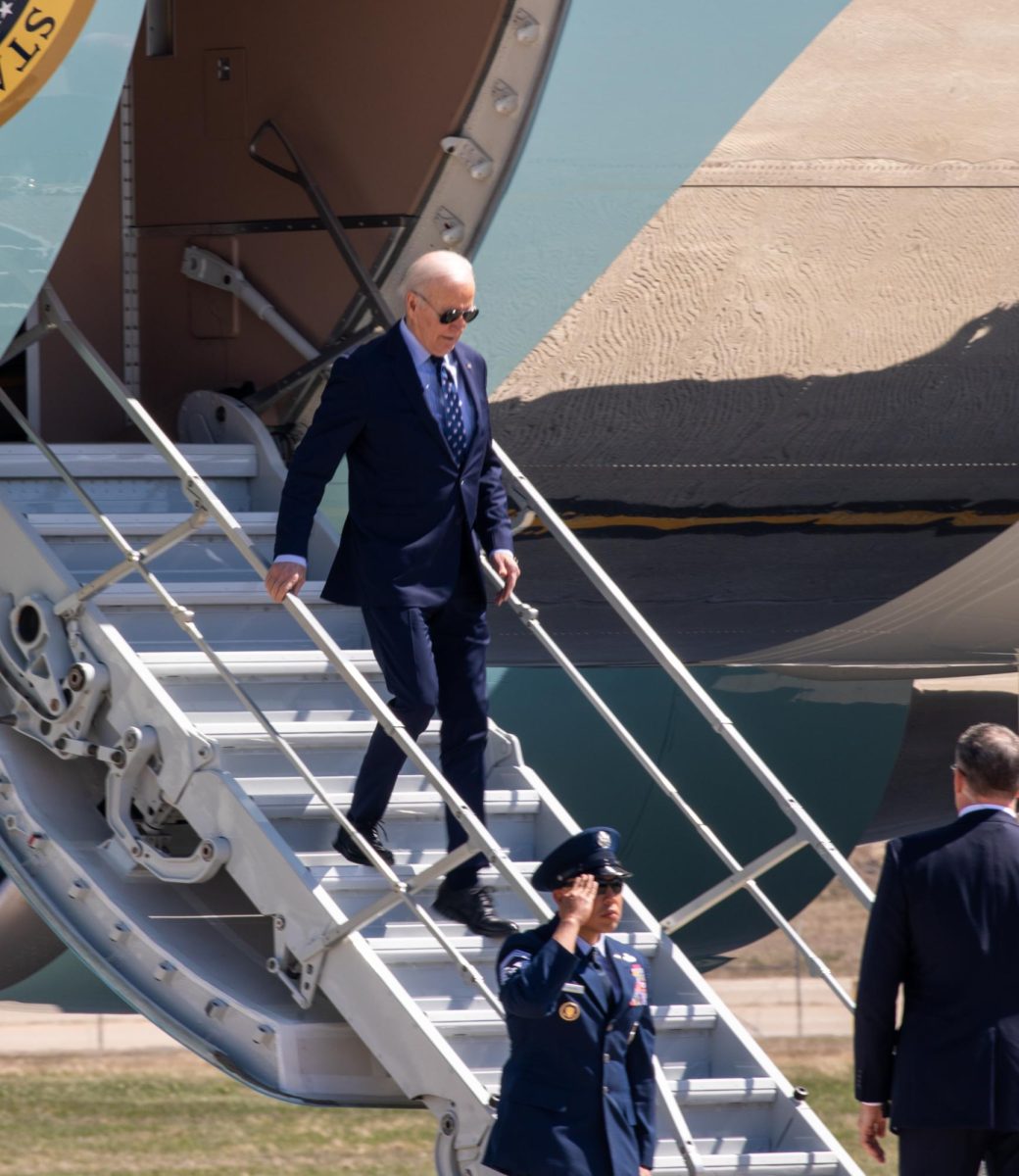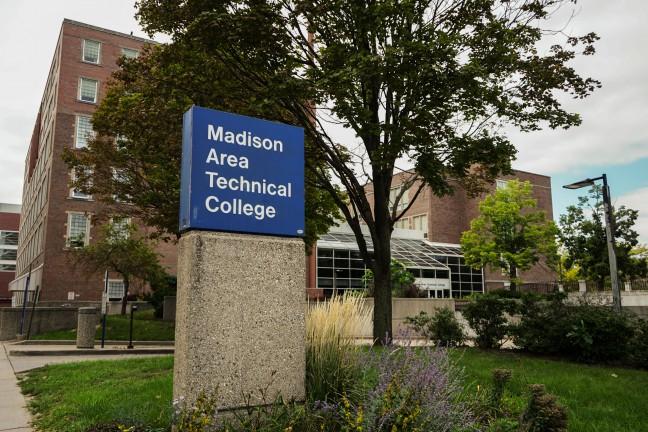As the 2001-2003 state budget made its way to Governor Scott McCallum’s desk, where it now sits awaiting his approval, fears about the $761 million shortfall, the looming structural deficit and large cuts to various state agencies and programs circulated. Accordingly, economists, faculty members, researchers and students watched closely, hoping the dreaded budget ax would spare the University of Wisconsin System’s spending priorities. And as the dust settles from all the compromising, deal-making, lobbying and negotiating, the UW System and its students are clearly victors in this summer’s budget battle.
The budget, as passed on bipartisan 73-22 and 25-8 majorities in the Assembly and Senate respectively, enhances the UW System in several ways. Specifically, current UW spending requests in the budget cultivate New Economy enterprises, increase accessibility, continue improvement of UW-Milwaukee and maintain UW-Madison’s position as one of the preeminent research and teaching institutions in the world.
Several significant budget items promote high-tech industry and New Economy advancement. Probably the single most important measure that received preliminary approval from the state Legislature was the $95 million in state-backed borrowing and $104 million in gifts and grants to the Biostar Initiative, a 10-year program aiming to equip UW-Madison with the finest biotechnology facilities in the nation. Moreover, over $8 million has been set aside to fund the Chippewa Valley Initiative (UW-Eau Claire and UW-Stout) and programs at other UW System campuses which are designed to educate more high-tech workers. With the budget’s strong commitment to fostering biotechnology and high-tech development, Wisconsin hopes to attract more New Economy companies and the high-paying jobs that come with them while providing students with a top-notch education in these subjects.
Budget provisions also make the UW System more accessible to students, particularly minorities, in a number of ways. The current budget contains increases in the Lawton Minority Undergraduate Retention, Advanced Opportunity Program and Wisconsin Higher Education Grants.
The Lawton Grant is an undergraduate minority need-based program, and the Minority Undergraduate Retention Grant is for resident undergraduate minority students, while the AOP Grant targets graduate minority and economically disadvantaged students. All UW System undergraduates are eligible for the Wisconsin Higher Education Grant on the basis of need. With all four grants set to receive large increases, total state funding will total just under $57 million.
Additionally, eligibility for the Minority Undergraduate Retention Grant is being expanded to include first-year students as well. To aid students who transfer within the UW System, the budget contains a rule requiring automatic transfer of all general education credits. These changes will make a UW System education more widely available.
Two other noteworthy proposals that benefit the UW System’s two largest campuses are also part of the budget. The Milwaukee Idea Initiative won $8 million in funding. The program will improve UW-Milwaukee and the surrounding community by helping the school build lasting partnerships with Milwaukee Public Schools and the Milwaukee Area Technical College, increasing overall enrollment, increasing degrees conferred in high-tech fields, building its research component, meeting industry demand for new economy professionals and increasing patents and licenses spun off from UW-Milwaukee research.
One of the biggest triumphs for UW-Madison students was the $12 million of state funding for the Madison Initiative. The four-year plan will enable the UW System’s flagship school to shrink class sizes during the freshman and sophomore years, offer better international undergraduate opportunities and programs, graduate more high-tech workers, focus on further development of biotechnology, expand master’s degree and certificate programs and enhance the school’s ability to hire prominent faculty in targeted academic fields.
In short, state support of cutting-edge research and improvement in the quality of curriculum is evident in this budget. With all the most important UW System spending sewn into the budget, Wisconsin should reap rich economic prosperity in the future. Moreover, providing students with a world-class education from the best and the brightest faculty and scholars remains a top priority. With the beginning of the fall semester upon us, let’s show the taxpayers of this state that we, the students and future alumni of the UW System, are worth the investment.







